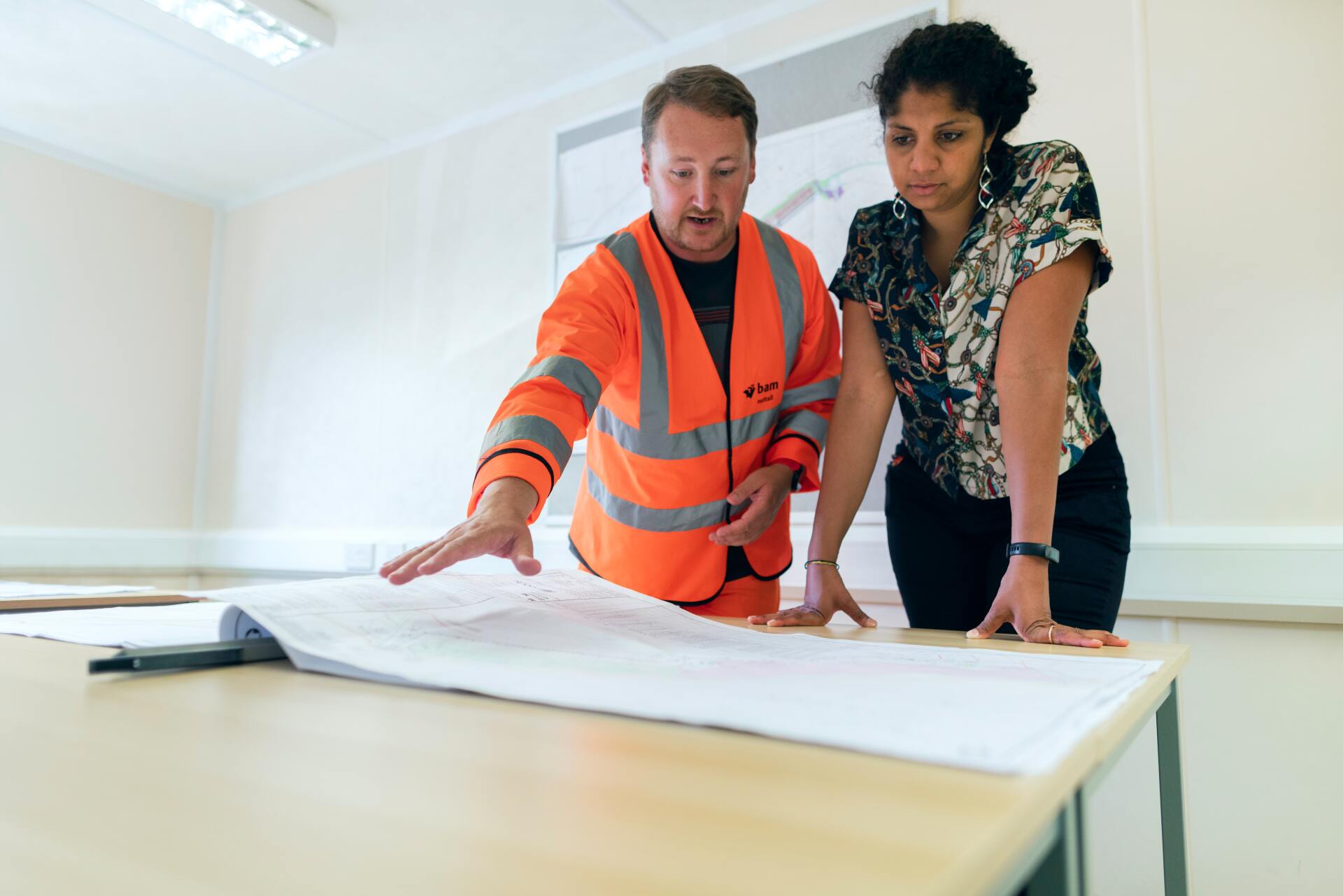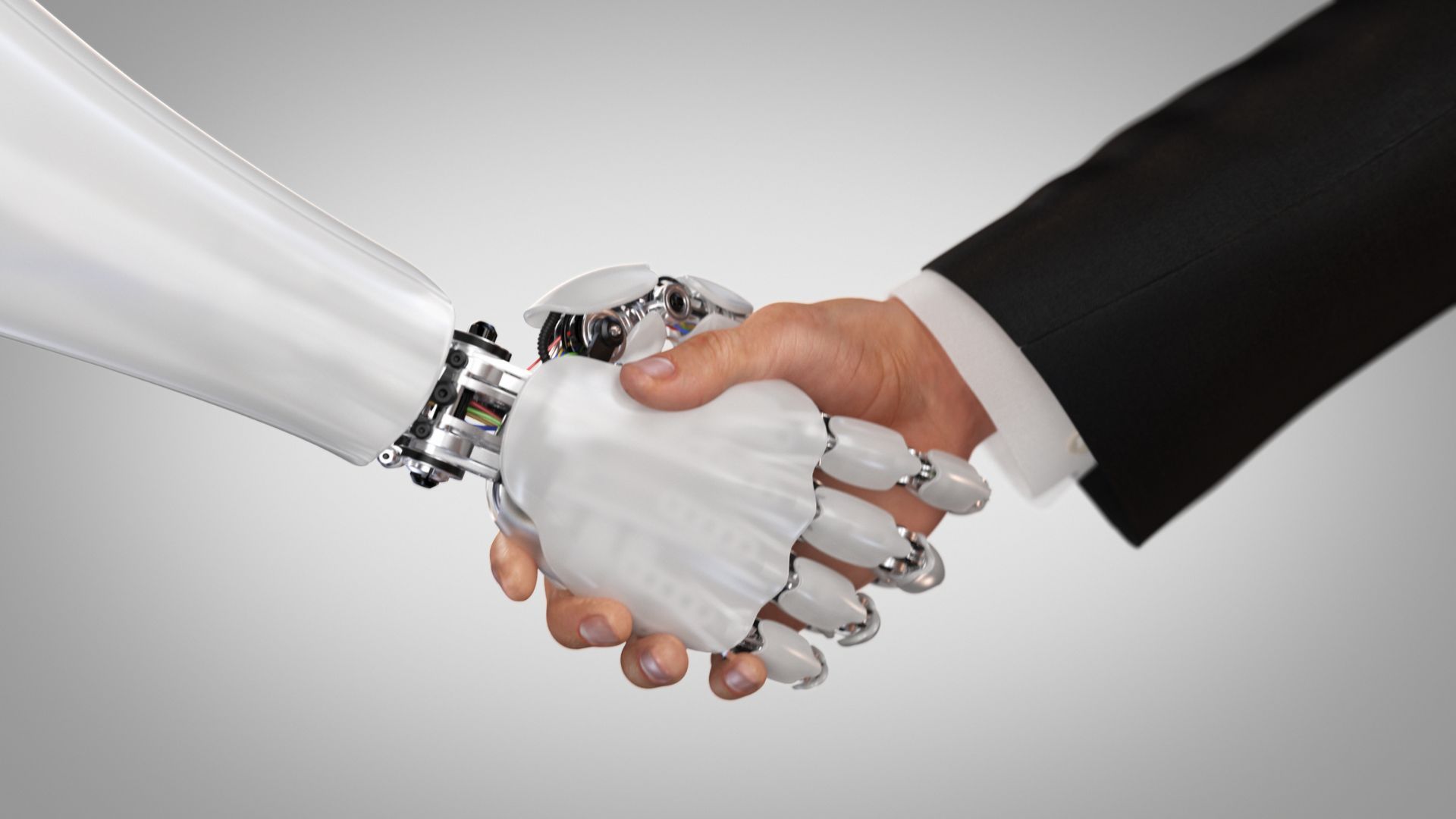7 Measures of a Great Contractor
Default Author • March 24, 2021

No matter what the job or project, when gearing up to add additional expertise, it’s natural to want to have the crème de la crème on the team. Yet, faced with a vast sea of independent contractors all boasting an array of expertise and capability, how do you determine whether you’ve found a good one? Or not?
Success in hiring contractors starts, by knowing at the outset, that you are clear about exactly what your company is looking to achieve within the contract.
With this in place, the next step is to identify people who fit in well with your company to ensure your company will receive the planned results it needs, when it needs. To assist you identify high calibre contractors each and every time, here is our take on the 7 ideal contractor qualities you need to be on the lookout for;
#1 Connectors
Possessing a natural affinity to connect well with people, the best contractors are the ones who understand the importance of communicating effectively with people across all levels of your organisation.
Now – we’ re not saying that contractors have to be ‘people pleasers’ but they do need the confidence to navigate an organisational matrix and work effectively with a wide range of individuals. The skill here, is taking the time to get to know the individuals they are working with and connecting with them to ensure that they’re able to effectively meet their needs.
#2 Active listening
The best switched on contractors are adept at listening. From your conversations with them, they in turn, decipher your real needs out of the conversation. They don’t require you to break things down for them, instead they will listen, absorb the information, ask questions to clarify and then apply the information you’ve given them to complete your project. Poor listeners can derail a project, so make sure you check their ‘ears aptitude’.
#3. Solution finders
A switched-on contractor can see and understand the problems facing an organisation and will be willing to go the extra mile to offer solutions needed to assist solve these organisational dilemmas. It’s both an intuitiveness with problem identification and a willingness to offer practical solutions that make them so valuable.
#4 Outcomes seekers
Great contractors have the expertise to look at the outcome required and develop a process that will get you, and them, there. It’s the ability to be able to break down the pieces of a project, work backwards from the projected outcome and plot the process needed to get the job done. (aka: strategic staircasing)
#5 Highly organised and carefully planned
Contractors must be able to zero in on the goals rather than scrambling around to find relevant information. When hiring contractors, actively search for those who have demonstrated previous organisational skills with a project management mentality that guided their work. Check they were structured, organised, well-planned and efficient on the job. And check out that they stayed within the timeframe and budget given them. Extensions are prone to be very costly!
#6 Influencers
Like great leaders, great contractors have the capacity to bring stakeholders along with them on the journey. Some situations reveal that a brave conversation is needed to highlight errors, mistakes or areas for improvements or alternative solutions. Given the audience might be less than receptive, this is where the ‘rubber meets the road’ in contracting-land. Confident, respectful and diligent contractors are worth their weight in gold when it comes to instigating those awkward conversations that could end up saving you millions.
#7 Ego-free
Great contractors aren’t seeking fanfare or accolades; rather they are driven to using their skills to get the job done and to do it well regardless of the recognition that they receive in the process.
For more information on all things contracting, please call us on 1300 121 727.
Find the job you love I Find the right talent
Get in touch with people2people
Australia
I
United Kingdom
In business since 2002 in Australia, NZ, and the United Kingdom, people2people is an award-winning recruitment agency with people at our heart. With over 12 offices, we specialise in accounting and finance, business support, education, executive, government, HR, legal, marketing and digital, property, sales, supply chain, and technology sectors. As the proud recipients of the 2024 Outstanding Large Agency and Excellence in Candidate Care Awards, we are dedicated to helping businesses achieve success through a people-first approach.






